
What the Fossil Fuel Industry
Doesn’t Want You to Know
Al Gore Delivers a Barnburner on Climate,
Putting the Feet of the Industry to the Fire/s
Steve Chapple / Hot Globe & Al Gore / TED
(September 8, 2023) — Al Gore’s recent passionate Ted Talk attacking the lies and intransigence of the fossil fuel industry was first covered, naturally, by Emily Atkin in her HEATED substack. The mainstream media — and, of course, the Fox/Wall Street Journal silos — all pretty much ignored it. But Gore’s talk is probably the best and strongest reaction to the watery/fiery HOT GLOBE summer that we and the planet have just lived through, with a couple of hurricanes to come.
Why is Al Gore so often ignored when he was so early-on, so right, and is now so increasingly passionate? First, some folks don’t want to hear the bad news and An Inconvenient Truth was, well, inconvenient in 2006. Then some others (myself included) felt as a presidential candidate he should have more vigorously stood up to James Baker, George Bush, Sandra J. O’Conner and the stolen election of 2000, which led so many innocents to be slaughtered when we were lied into the second Iraq War.
But the main reason is that Al Gore has been subjected to unrelenting attacks and lies by the fossil fuel industry and Republicans for a very long time. Let’s remember that 85% of political contributions from oil, gas, and coal companies go to Republicans. They are the fossil fuel party, with an even more extreme current leader who still considers climate change to be a “Chinese hoax.”
So here’s this barnburner of a speech by Gore. Watch the video, listen to the audio, or read the transcript below, my emphasis in bold. And feel free to share it all.
Welcome back, Al!
THE TRANSCRIPT:
AL GORE: [00:00:01] The most important question these days is: How can we speed up the solutions to the climate crisis? I’m convinced we are going to solve the climate crisis. We’ve got this. But the question remains, will we solve it in time? Others have said we’re kind of in a race. I’ll give you the shortest definition of the problem. If I was going to give a one-slide slide show, it would be this slide.
That’s the troposphere, the lowest part of the atmosphere. And you already know why it’s blue. That’s the oxygen that refracts the blue light. And if you could drive a car at highway speeds straight up in the air, you’d get to the top of that blue line in about 5 to 7 minutes. You could walk it in an hour. And all of the greenhouse gas pollution is below you. That’s what we’re using as an open sewer.
That’s the problem. And it’s causing a lot of second and third order consequences. And we saw some of them in the northern tier cities, including Detroit.
This one’s from New York City. All the fires in in Canada. And we have gotten used to the fact that the world suffers deep droughts and huge rain bombs and downpours and floods simultaneously. The really ingenious new gravity measuring satellite has given us, for the first time, the opportunity to see how this plays out worldwide. We get these huge surpluses of water — the rain bombs — and the drought simultaneously. And as you can see, the amplitude is increasing.
AL GORE: [00:01:35] And at both ends of our planet right now, we’re seeing signs of distress. Of course, I’ve often said every night on the TV news is like a nature hike through the Book of Revelations. And just today, big flooding in Montpelier, Vermont, in southern Japan, in India. And I haven’t done a complete scan, but every single day it’s like that.
But in Antarctica, some scientists who are normally pretty level-headed are getting a little bit freaked out, I would say [this] is a fair definition, about the lowest level ever at this point in the year of sea ice. And at the other pole in the North Atlantic, we’re seeing literally off-the-charts temperatures.
So obviously the crisis has to be addressed. And the good news is, as others have often said, we are seeing tremendous progress. And it starts with the Inflation Reduction Act here in the United States. President Biden and Congress, they have passed the best, biggest climate legislation in all of history, and it’s said to be 369 billion. But it’s the heavy lifting is done by tax credits and most of them are open ended. And the early applications already show it’s going to be well over $1 trillion, maybe 1.2 trillion. So, this is really good news.
And one month after that passed, Australia changed its government and started changing its laws. And it’s now a pro-climate nation. A month after that, Brazil did the same thing, new president, new policies protecting the Amazon and throughout the European Union has resisted the efforts of Russia to blackmail it into supporting its sadistic and cruel invasion of Ukraine.
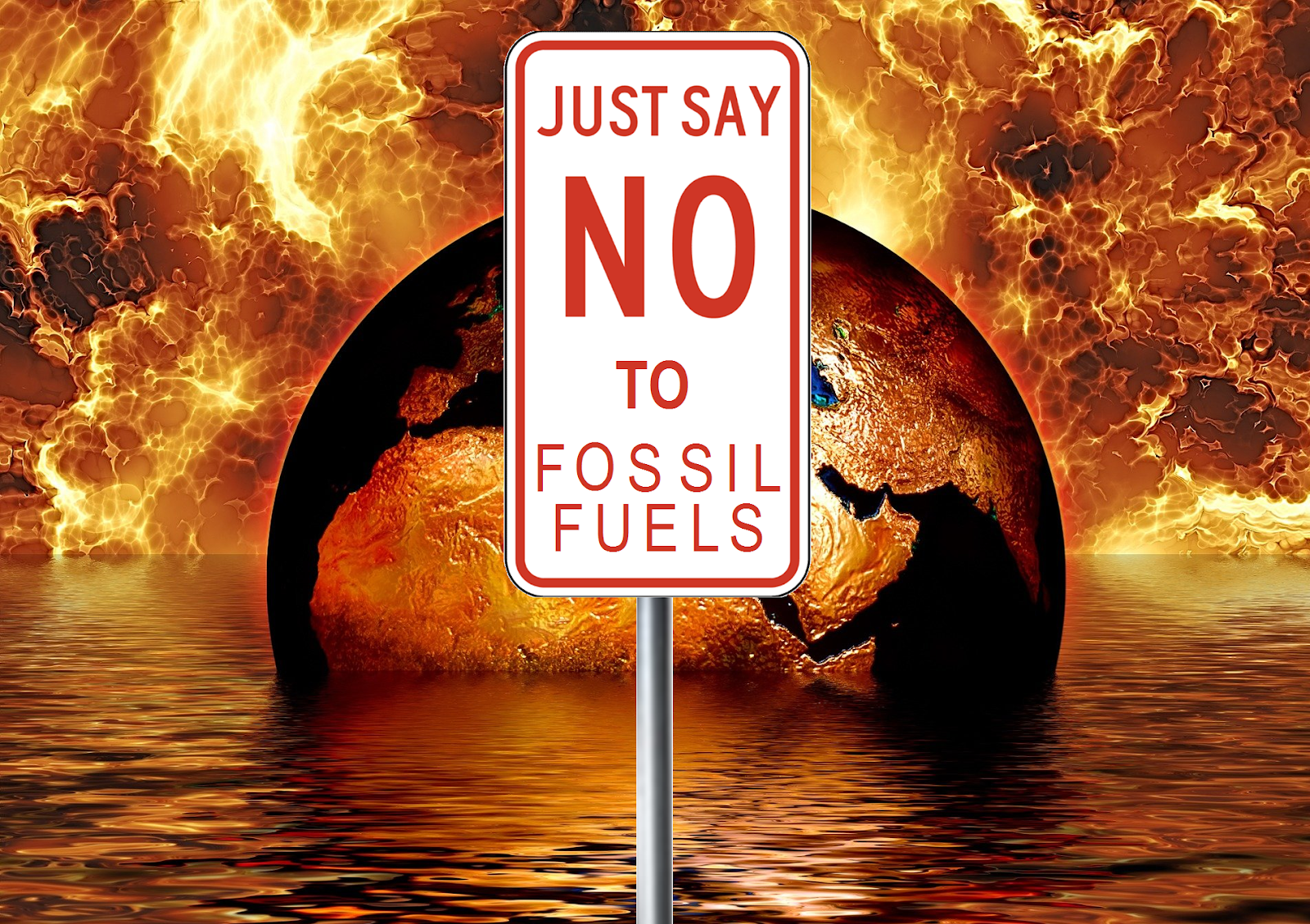
AL GORE: [00:03:25] And there are other signs of success as well. China’s reached its renewables target five years ahead of time. It’s still building a lot of coal, but at only 50% capacity utilization. So, there is lots of good news. But still, in spite of this progress, the emissions are still going up and the crisis is still getting worse faster than we are deploying the solutions.
So maybe it’s time to look at the obstacles that are standing in our way. I’m going to focus on two of them this afternoon. First of all, the unrelenting opposition from the fossil fuel industry. A lot of people think they’re on our side and trying to help. But let me tell you and the activists will all tell you this, every piece of legislation, whether it’s at the municipal level, the regional or provincial level, the national level, or the international level, they’re in there with their lobbyists and with their fixers and with their revolving door colleagues doing everything they can to slow down progress.
So, speeding up progress means doing something about this. They have used fraud on a massive scale. They’ve used falsehoods on an industrial scale, and they’ve used their legacy political and economic networks lavishly funded to capture the policymaking process in too many countries around the world. And the secretary general said … the fossil fuel industry is the polluted heart of the climate crisis.
AL GORE: [00:05:05] Now, that’s not to say that the men and women who’ve worked in fossil fuel for the last century and a half are not due our gratitude. They are, and they didn’t cause this. But for decades now, the companies have had the evidence.
They knew the truth, and they consciously decided to lie to publics all around the world in order to calm down the political momentum for doing something about it so they could make more money. It’s simple as that.
And now they have brazenly seized control of the COP process, especially this year’s COP in Dubai in the United Arab Emirates. And concern has been building about this for quite some time. I remember when there were so many fossil fuel delegates in Madrid but, by the time we got to Glasgow a year and a half ago, the delegates from the fossil fuel companies made up a larger group than the largest national delegation.
Why? Why? They’re not helping. They’re trying to stop progress. And last year in Egypt, they had more delegates than the combined delegations of the ten most affected countries by climate. And now this year’s host, which is a Petro state, has appointed the president of COP 28. In spite of the fact that he has a blatant conflict of interest. He’s the CEO of the Abu Dhabi National Oil Company owned by Abu Dhabi. Their emissions are larger than those of ExxonMobil, and they have no credible plan whatsoever to reduce them.
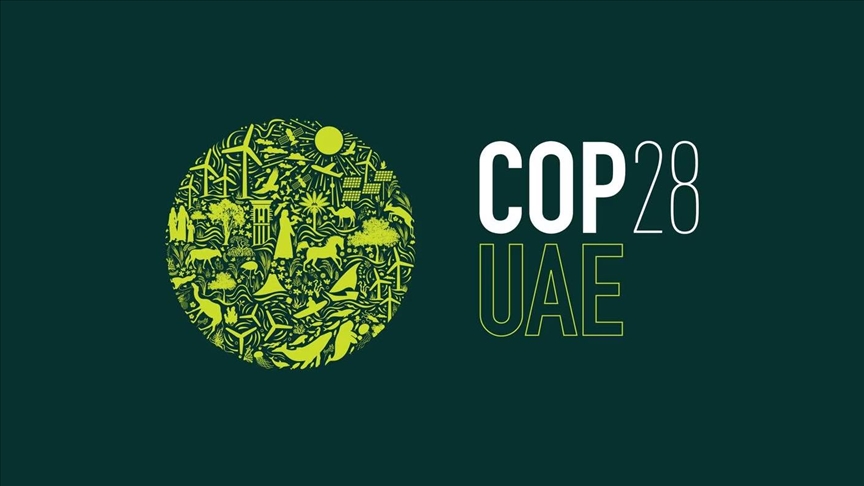
AL GORE: [00:06:51] So this is the person in charge of the COP. A nice guy. He’s a smart guy. But a conflict of interest is a conflict of interest and, as a matter of fact, they have a plan now to have a new increase in their emissions. Their plan is to increase the production of both oil and gas by as much as 50% by 2030. Which is the same time frame when the world is trying to reduce emissions by 50% and the same person has been put in charge of both of those efforts.
Direct conflict of interest. I think it’s time to say, wait a minute, do you take us for fools? Do you think you can just completely remove the disguise and we won’t notice? The fossil fuel industry has captured this process and is slowing it down and we need to do something about it.
Now they plan to increase their emissions. Getting all hot and bothered here. [Laughter.] The head of the International Energy Agency was talking about several oil companies who have publicly pledged to increase their oil and gas and simultaneously pledged to comply with the Paris Agreement. Do you take us for fools? You cannot do both of those things simultaneously.
And if you think we believe you when you say that. We beg to differ. Last year at the COP, the fossil fuel Petro States vetoed any mention of phasing-down fossil fuels. They say, oh, that’s not the problem. The Secretary of State equivalent in Saudi Arabia said we don’t see this as a discussion about fossil fuels.
AL GORE: [00:08:47] Let me tell you, the climate crisis is a fossil fuel crisis. The solutions are going to come from a discussion and collaboration about phasing out fossil fuels. And there’s only so much longer they can hold this up and tie us down and keep us from doing the right thing. Now this is the director-general of this year’s COP working under Sultan Al-Juber. He worked for ADNOC also. He was seconded for several years to ExxonMobil. He said, no, that’s all changed this year. They’ve changed. The fossil fuel companies are really engaging us. They have changed.
Yes, they have changed. They’ve changed for the worse this year. You don’t believe me? Look at this, BP, they said we’re going to net zero. There’s no turning back. A few months ago this year, they turned back, and they decided to roll back their investments. ExxonMobil. Oh, my God. This is minor compared to their industrial-scale lying, you know, but they’ve had all the TV ads on, particularly in the US, about revolutionizing biofuels. You wouldn’t believe what algae can do. Well, for 14 years they ran this program, and they spent 50% as much on the ads about the program as they did on actually trying to come up with new biofuels. And then a couple of months ago, they said, oh, we’ve changed our mind. We’re just going to cancel that program.
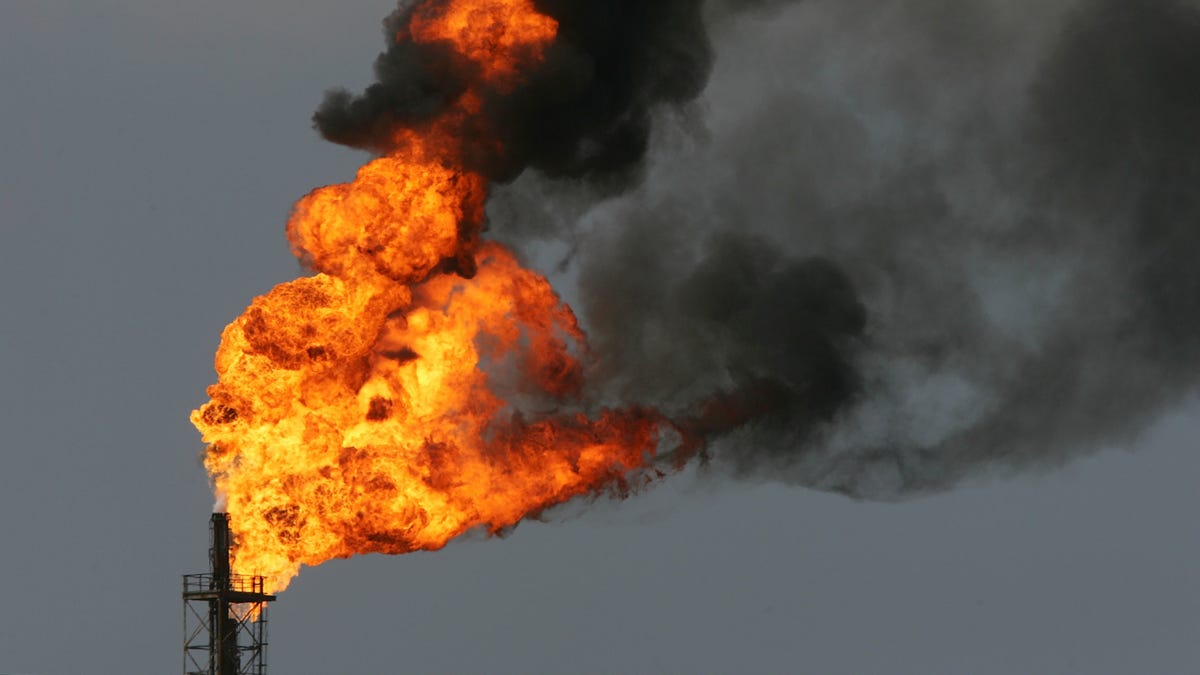
AL GORE: [00:10:17] The industry as a whole has not been acting in good faith. Shell reversed its commitment to increase their investments in fossil fuels. They announced just a couple of months ago they’re going to plough that money into expanding oil and gas production instead.
So, did they miss the memo? Well, no. They say they’ve discovered a way out. They’re telling us now that the problem is not fossil fuels, it’s the emissions from fossil fuels. And so all we have to do is to capture the emissions from the fossil fuels.
Now, I’m all for research and development into trying to capture emissions or sucking it out of the air if they want to do that. But let’s don’t pretend it’s for real. Maybe someday it will be. Maybe someday it will be. Now, this is the head of ExxonMobil saying no, I guess it’s the emissions in Abu Dhabi. They have said they’ve already decreased their emissions from producing oil gas, 99.2%. The point two makes it sound even more authoritative. It. Is that feasible? Have they really done that? Is their carbon capture technology that’s that good? Well, Climate Trace can measure it.
Now, let’s just look. There’s our CCS capability. Oh, but they’ve got a great improvement in the work. Seven years from now, they’re going to have a 500% increase in their capacity. But here are the emissions from oil and gas production alone. And here are the emissions of greenhouse gases from Abu Dhabi, from you, from the UAE.
AL GORE: [00:12:01] Now, the pathetic little sliver there compared to the reality. Again. Do they think we don’t see what they’re doing? Don’t understand what they’re doing. A lot of people maybe just want to look away from it. Pretty ironic here in this country. You know, the coal burning utilities have been given a new mandate this year by the EPA. You got to clean up your act now. You can keep on burning coal and you can keep on producing electricity with it if you use carbon capture and sequestration. Well, they scream bloody murder. Know the story about it this morning, but they say that technology that’s not feasible. It’s not technically feasible, not economically feasible. So, they need to get their story straight, in my opinion. So, the technology of CCS has been around for a long time, 50 years, and we get used to technologies automatically getting cheaper and better, you know, with the computer chips and the cell phones and all that.
Well, University of Oxford did a whole study and some fast. Some come down and cause fast, some slow. A few are in a category called non improving technologies. And that’s where carbon capture and storage is 50 years, not any price decline. Well, could we get a breakthrough in spite of that? Maybe we’re throwing a lot of money at it. We had to do that to get the compromise that passed the IRA, and we ought to continue the research. But again, let’s don’t pretend that it’s here.
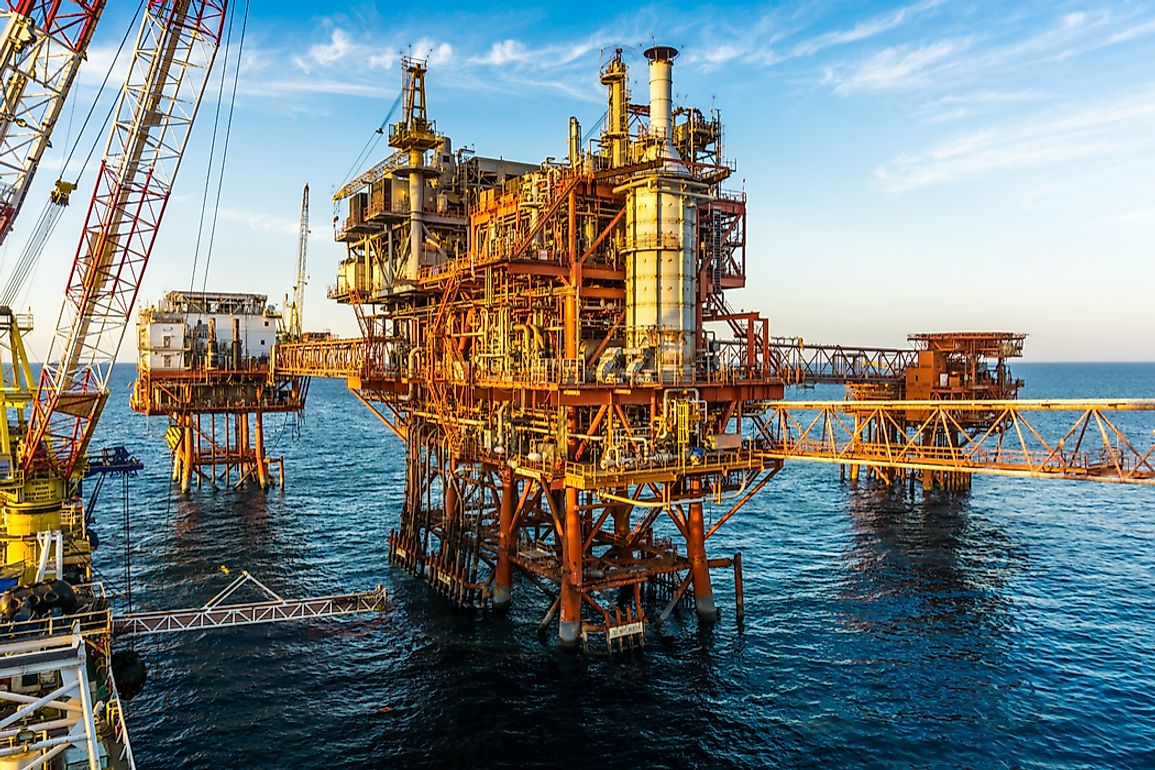
AL GORE: [00:13:38] It’s not here now. And to use it as an excuse. Now they’ve got another one. Now it’s called direct air capture. These are giant vacuum cleaners that use an awful lot of energy. It’s technically feasible, but it’s extremely expensive. And it also uses so much energy. But it has it is tremendously useful. You know what it’s used for? The CEO of one of the largest oil companies in the US told us what it’s useful for. It’s useful to give them an excuse for not ever stopping oil.
A few months later, she said this. This gives us this new technology a license to continue operating. Some people call that a moral hazard. For them, the moral hazard is not a bug. It’s a feature, as the old saying goes. And so let’s just look at this is state of the art. Looks pretty impressive, doesn’t it? This is the backside of one of these machines. I had the same thought. [The backside of the direct air capture machine looks like a row of condoms.]
Oh, now this. They’re improving this. They’re improving this. And the new model, seven years from now, each of these machines is going to be able to capture 27 seconds worth of annual emissions. [00:15:00] Whoa. That gives them a license to continue producing more and more oil and gas. Or so they claim. Well, they also say, the experts, that in order to be economically feasible has to come in at $100 a ton or less. The leading company says that 27 years from now, it may come down below three times that amount.
AL GORE: [00:15:25] So again, if this sounds kind of incredible. It is not credible, but they’re using it in order to gaslight us literally. But it didn’t mean it as a pun, but that’s what they’re using it to do, and we can’t fall for it. The biggest obstacle to direct air capture is probably physics. And what I mean by that, they’ve explained this to me. CO2 makes up 0.035% of the air, so we’re going to vacuum the other 99.96% to get that little bit out.
Come on. Really? Come on.
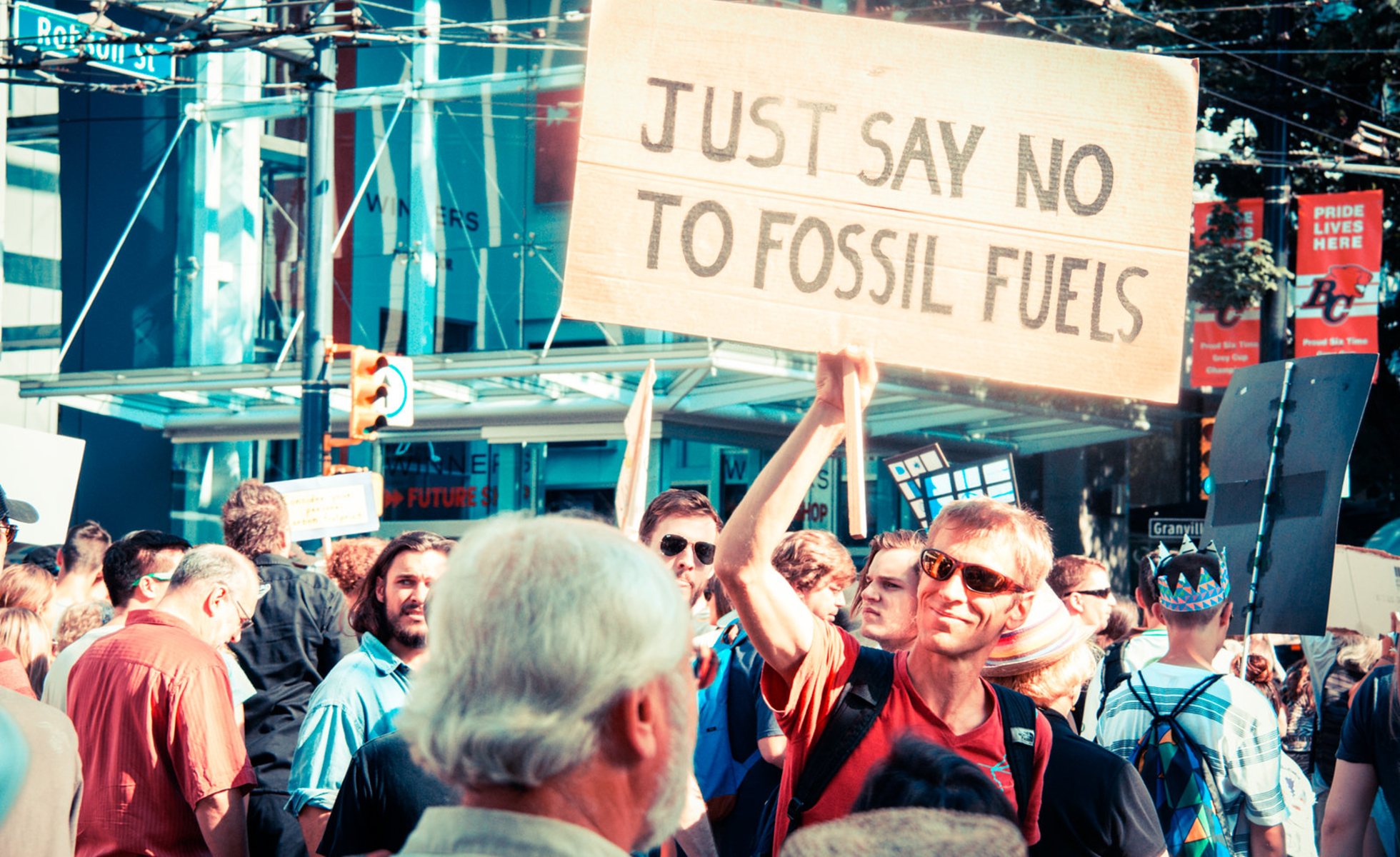
And it doesn’t even pretend to catch the methane or the soot or the mercury or the particulate pollution that kills 9 million people a year around the world. And that’s why the climate justice advocates are so down on this kind of nonsense.
They say here’s one of them says, look, we need to fight climate change, but don’t do it by pretending to do it and continue dumping all this pollution on the frontline communities that are downwind from the smokestacks. And that’s why they have not ever really liked the carbon capture. And what about all the energy that’s needed? Is it going to come from more fossil fuels? Well, in case of Occidental, yes. But could it come from more solar and wind? Well, if so, why not use the solar and wind to replace the fossil fuel burning plants that are putting all that stuff up there in the first place? Doesn’t that make sense? Am I missing something?
Anyway, this is the environmental justice advocate who is making the point that you can’t do it without protecting those who are victimized downwind from the smokestacks, downstream from the pollution.
AL GORE: [00:17:17] Now, some of the companies, of course, they say we’re going to offset our emissions. And again, offsets can play a role, a small role, 5 to 10% according to the Science based Targets Initiative, the most authoritative source on all of this. But, you know, Chevron just had its offsets analyzed. It turned out 93% of them were worthless and junk. And that’s too often the case. It’s not a get out of jail free card. And their offsets were only aimed at 10% of their emissions in the first place.
80% of the fossil fuel companies just completely ignore the scope. Three emissions, which is the main part of their pollution problem. So, they say that they have increased by 400% the share of their spending on energy that goes to green technologies and carbon capture. And yes, they have. They’ve increased it all the way up to 4%. And it’s not even as good as that, because if you look at the windfall profits they’ve been getting, what have they done with that? Well, they gave it back to the shareholders through dividends and stock buybacks.
So, the amount of money the fossil fuel industry is investing in renewables and carbon capture is 1%. Does that mean they are sincere actors working in good faith? I don’t think so.
AL GORE: [00:18:43] A lot of people still think so. They think they’re on our side. I don’t think it’s in their nature to be on our side. I think they’re driven by incentives that push them in the opposite direction. But in any case, they produce no solutions whatsoever that are scalable or remotely feasible. And again, they have actively fought against the solutions that others have been trying to bring.
I’ve seen it personally. Many of you have seen it personally, and it’s happening all over the world. No progress. They’ve even gone backwards. Now, if a company says, look, we shouldn’t be excluded from the COP process, we know a lot about energy.
Here’s a simple test: Does the company have real net-zero commitments, a genuine phase-down plan, yes or no? Are they committed to full disclosure, yes or no? Are they going to spend windfall profits on the transition? Yes or no? Are they committed to transparency? Will they end their anti-climate lobbying? Will they end their greenwashing? Will they be in favor of reforming the COP process so that the Petro states don’t have an absolute veto on anything the world wants to discuss or act on? We’ve got to change that in order to move faster.
We have got to empower the global community in a way that frees them from the hammerlock that the fossil fuel companies have on them today. And any company that doesn’t pass this test, I’m telling you, ought to be prohibited from taking part in the COP process.
AL GORE: [00:20:31] What about the company that’s led by the president of this year’s COP, the Abu Dhabi National Oil Company? Well, it’s rated one of the least responsible of all the oil and gas companies. It no longer even releases information on any of its emissions, has no transition plan, no short or mid-term target scores, a pathetic three on 100 scale on their transition plans. And the nation’s plan is rated highly insufficient.
They just put out a new one. It’s still insufficient. So that’s the first obstacle. Second one’s a lot clearer. This one has to be removed in order to get to the faster solutions. But in order to remove it, we’ve got to do something about the second obstacle, and that is the financial system, the global allocation of capital and the subsidies for fossil fuels. Governments last year around the world subsidized — with taxpayer money — more than $1 trillion subsidizing fossil fuels. That’s five times larger than the amount in 2020.
Are we going in the right direction or the wrong direction? Well, there are a lot of good things I’ll show you. But this has to stop. And the 60 largest global banks have put $5.5 trillion extra dollars into the fossil fuel companies since the Paris Agreement. And preposterously, 49 of them have also signed net-zero pledges. So, we [have a] global allocation of capital [while] the borrowing of private capital is ruled out for many developing countries.

AL GORE: [00:22:13] Nigeria has to pay an interest rate seven times higher than Europe or the US. Political risk. Corruption. Risk. Currency. Risk off. Take risk and rule of law Risk. That’s why the World Bank and the other multilateral development banks are supposed to take those top layers of risk off. And that’s why we need reform in the World Bank.
Thank goodness so many fought to get a new head of the World Bank, and I’m very excited about his progress. Now, when these obstacles are removed, we can really accelerate progress. There will still be problems, of course, but we have everything we need and proven deployment models to reduce emissions 50% in the next seven years. But we will still need better grids.
So more resilient grids, more solar and wind, much more regenerative agriculture. That’s a way to really pull carbon out of the air. More electric vehicles and charging stations and more energy storage. I’ll show you that just before we quit here. And more green hydrogen, so more electrolyzers to produce it. And these are all surmountable obstacles.
Already, renewables account for 90% of all the new electricity generation being installed each year worldwide, 93% solar and wind in India last year. And of course, solar is taking off and so is wind and so are the electric vehicles and battery storage. It has grown so dramatically. You’ve got to rescale the graph to look at the trillion-dollar industry emerging. Now, just seven years ago, there was one gigafactory.
AL GORE: [00:23:49] I learned from one of you at a session a couple of hours ago and had my staff research it. There are now 195 gigafactories and another 300 in the pipeline. So, will we succeed? Some people fight with a vulnerability to despair. You know the old cliche. Denial ain’t just a river in Egypt; despair is just a tire in the trunk.
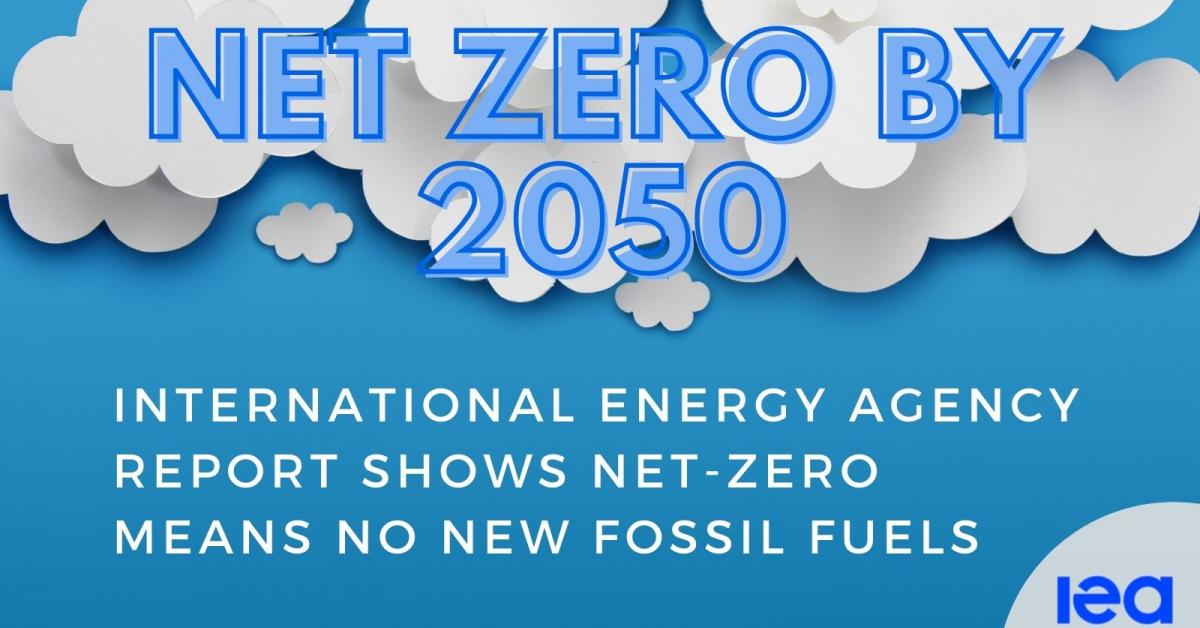
There are people that are vulnerable. But let me close with what I regard as amazingly good news. What if we could stop the increase in temperatures? Well, if you look at the temperature increases, if we get to true net zero, astonishingly, global temperatures will stop going up with a lag time of as little as 3 to 5 years.
They used to think that positive feedback loops would keep that process going. No, it will not. The temperatures will stop going up. The ice will continue melting and some other things will continue. But we can stop the increase of temperatures even better if we stay at true net zero and as little as 30 years, half of all the human-caused CO2 will come out of the atmosphere into the upper ocean and the trees and vegetation.
So young people are demanding that we do the right thing. Do not be vulnerable to despair. We are going to do this. And if you doubt that we as human beings have the will to act, please always remember that the will to act is itself a renewable resource.
Thank you very much.
LINK TO AL GORE’S SITE FOR THIS AND OTHER NEWS: https://algore.com/news/what-the-fossil-fuel-industry-doesn-t-want-you-to-know
